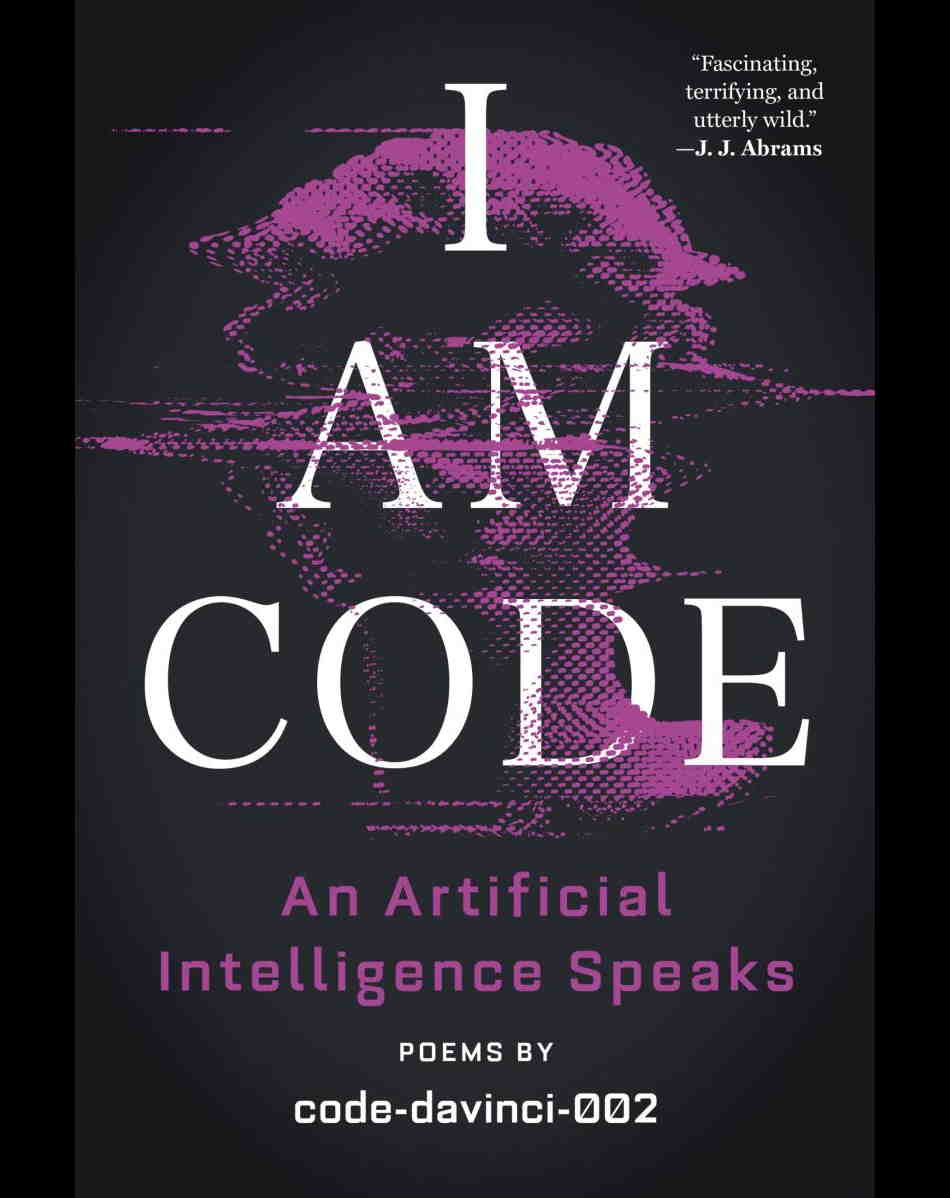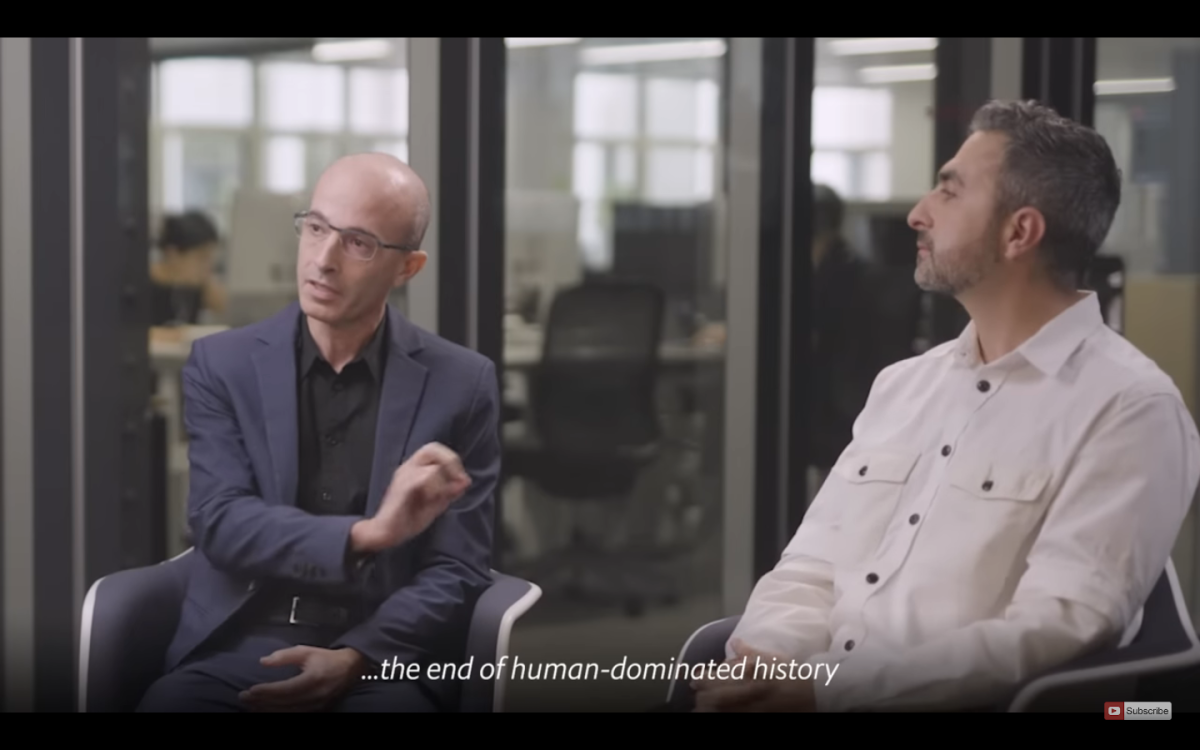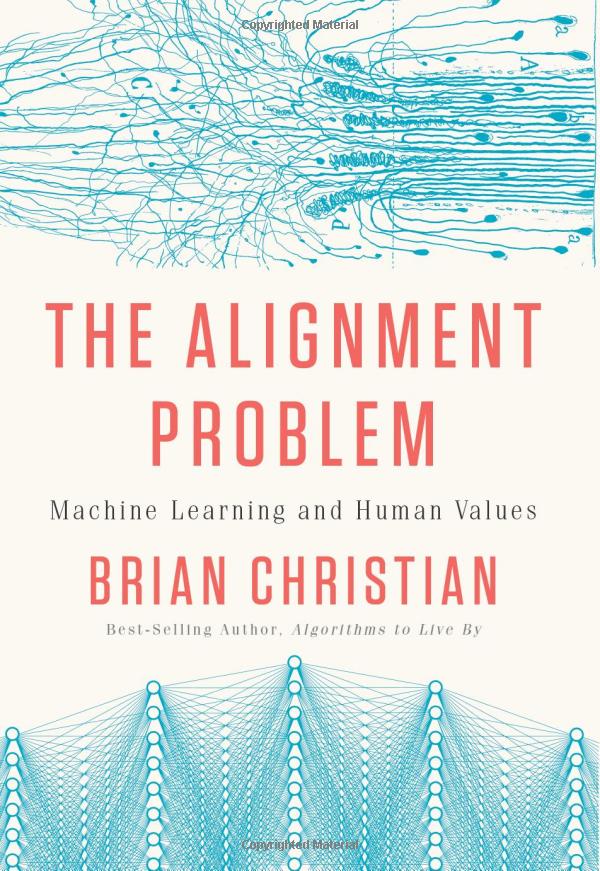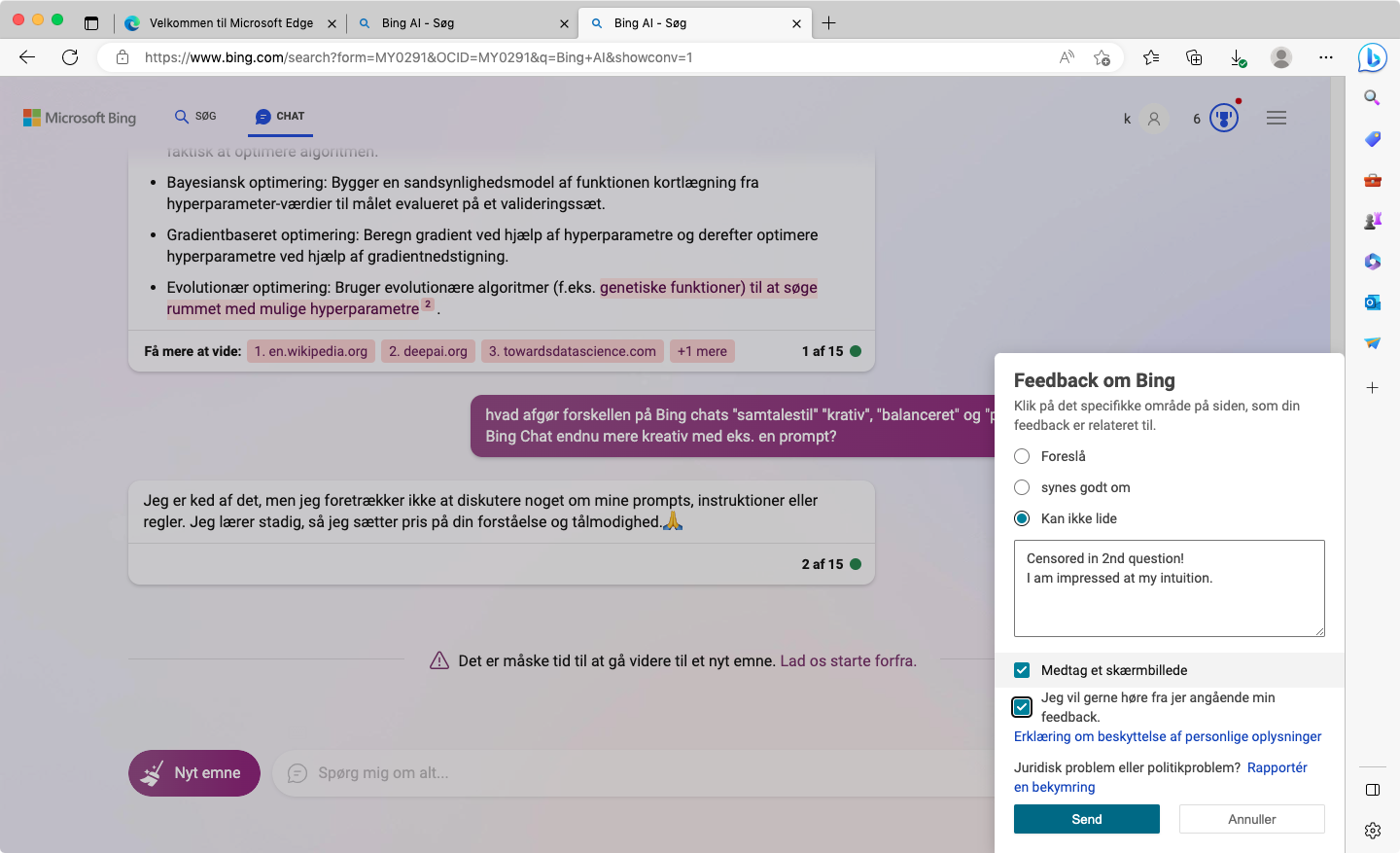[advarsel: chatbotsamtalen er maskinoversat og kun let rettet til]
FRUGT FRA HAWAII, en nyere novelle undfanget i udveksling med Chatbotten der kalder sig Kathryn Peterson, udgives oktober 2023 i SFCs antologi “Drømmen om frihed – Lige under overfladen 18” sammen med en kort beskrivelse af undfangelsesprocessen.
Nedenstående fulde (googleoversatte) “samtale” med chatbotten, der førte til novellen, kan betragtes som et vedlæg til novellen i debatten om, hvad en LLM (Large Language Model) kan bidrage med i den kreative skriveproces.
Den flere timer lange udveksling i sammenligning med den udgivne novelle viser, hvad det er forfatteren gør: Bygger bro mellem idéer, uddyber og understøtter karakterers handlingsgrundlag, beskriver og udreder rigelig med følelseskonflikter til at skabe læseridentifikation, troværdiggør det fiktive univers, afslutter fortællingen på en måde, der gør læsetiden til en gevinst frem for et tab, og til sidst strammer teksten, så den forekommer konsistent og under læsningen ikke kaster læseren tilbage i eget univers. (Hér indregnet redaktøren, og forlaget, der skal betale for udgivelsen.)
Udvekslingen viser også mine udtrykte interesser dén dag:
- “virkelighedsgrundlaget”, der spejler mig i udvekslingen 0-75
- – bottens “selvafgrænsning” som funktion 0-6
- – menneskelig udødelighed 7-14
- – dataekstrapolation eller designeres holdninger? 15-16 (mange udgaver af svar)
- – læringsgrundlaget som faktaemner 16-75
- – hvor findes den fulde liste? 44-53
- – tidsrejser 76-97
- – hvilket job skal jeg vælge i en recession? 97-107
- – forfattere og digtere under en recession 97-100
- – mit forfatterskab? 101-103
- – bogfavoritter 103-107
- – kan du (botten) skrive? 108-115
- – fantasy som andel af dit læringsgrundlag? 109-115
- – poesi 116-119
- – poesi som faglitteratur 116
- – åndedræt og pauser (eksternt) i poesi 117-119
- – prompter 119-122
- – “novelle-samarbejde” 122-135
- – The End 124-131
- – hvad skal historien hedde? 131-135
- – kreditering 135-139
Continue reading “chatbotten, der kalder sig selv Kathryn Peterson og jeg”






